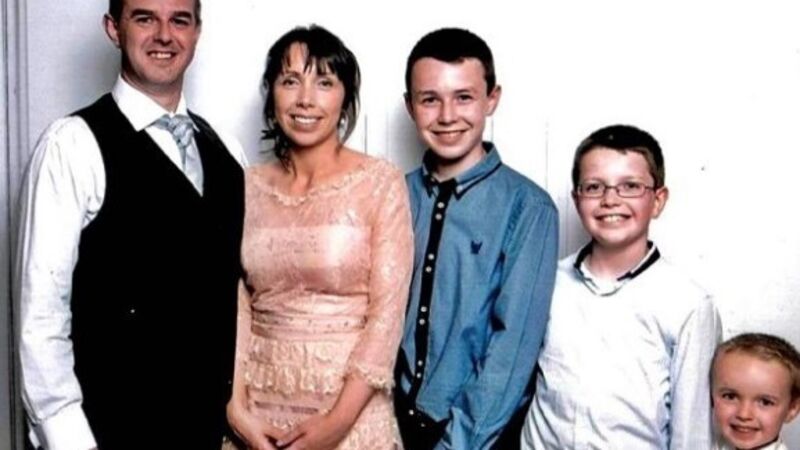We need an urgent review of men's mental health services

He was not mentally ill, goes the argument. He was just a man. A man displaying the controlling behaviour typical of many abusive men.
He killed his wife Clodagh, 39, and his eldest son Liam, 14, before killing Niall, 11, and Ryan, 6, because they were the most likely to resist. He slit Liam’s throat so he could not cry out, the same son he had that evening brought to a basketball match.

















